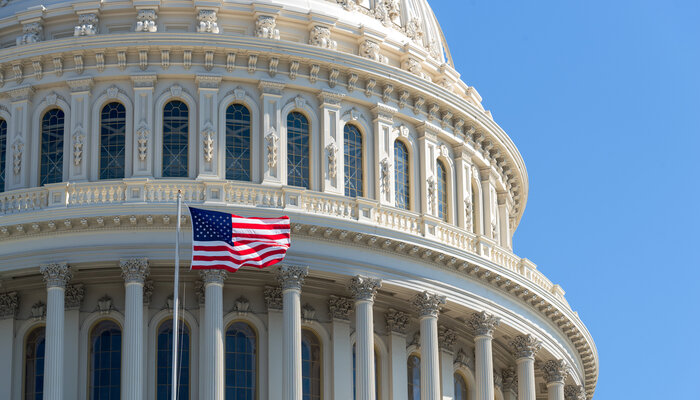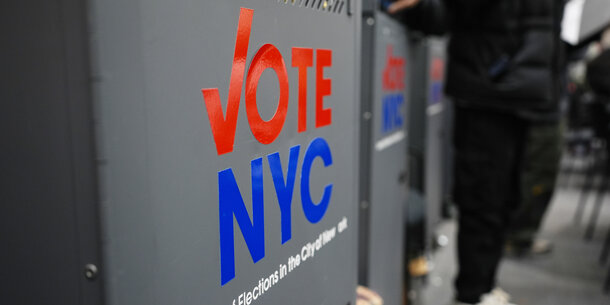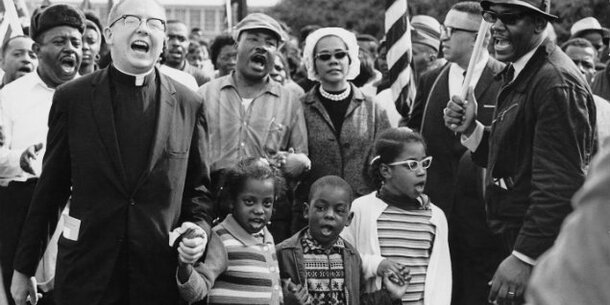Today was a big day at the Capitol.
Senate Democrats, led by Sen. Amy Klobuchar, introduced the Freedom to Vote Act. The bill is a successor to the popular For the People Act, which passed the House in March but hit a Republican brick wall in the Senate. It is a strong bill that should be passed without hesitation by all members of Congress.
This bill has new momentum, real momentum. It’s our best chance for democracy reform in years. Sponsors with Klobuchar include several Democratic colleagues, including, yes, Sen. Joe Manchin of West Virginia. He worked intensively on this over recent weeks. According to NBC News, President Biden has said he’ll work to change filibuster rules to pass this bill.
The stakes couldn’t be higher.
The legislation protects millions of Americans’ access to the ballot box and will make it easier for citizens to cast a ballot in a secure but convenient way. Every state would be required to have automatic voter registration. Election Day would become a federal holiday. Every eligible citizen could request a mail ballot and drop it off at a secure drop box if they so desire.
The Freedom to Vote Act also advances civil rights and racial justice. It restores federal voting rights to returning citizens who have been released from prison after serving their sentences. The bill includes targeted protections to ensure underserved and vulnerable communities, such as those with disabilities and Native Americans, aren’t disenfranchised through no fault of their own.
It addresses the flood of undisclosed “dark money” into the electoral process and creates the option for matching funds for House candidates when states opt in, modernizing and expanding federal campaign finance reforms passed in previous decades.
And — perhaps most time-sensitive of them all — as states begin to draw their voting maps for the next decade, the legislation bans partisan gerrymandering and makes it easier for judges to strike down maps that unfairly entrench one political party in power and deny communities of color fair representation.
I cannot express how critical this piece of legislation is. Legislatures in nearly half of the states have passed laws that make it harder for eligible voters to cast a ballot. The politicians claim it’s all about “election integrity.” In fact, it’s about preserving power as America diversifies and advancing Trump’s Big Lie of a stolen election. In the California recall election, for example, Republican candidates and operatives are already alleging voter fraud before all the votes have even been cast. Why wait?
Just last week, Texas Gov. Greg Abbott signed S.B. 1 into law. This dangerous and sweeping law makes it harder for voters with language barriers or who have disabilities to get the help they need to cast their ballot. It also threatens poll workers with criminal prosecution if they try to stop partisan poll watchers from harassing and intimidating voters. It’s the most extreme of the voting restrictions passed by legislatures this year.
Lawsuits like ours are important. But there’s no substitute for strong national standards.
Will Congress have the political will to act? Will the White House put its muscle behind Biden’s statement that this is the greatest threat to American democracy since the Civil War? The coming weeks will tell. But for right now, this is a breakthrough and a momentum boost — and we are closer than we have ever been to the most significant democracy reform bill in a half century.



